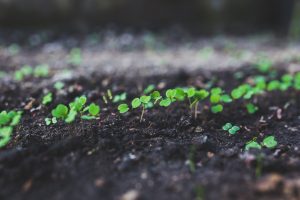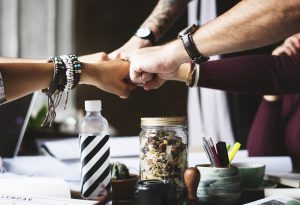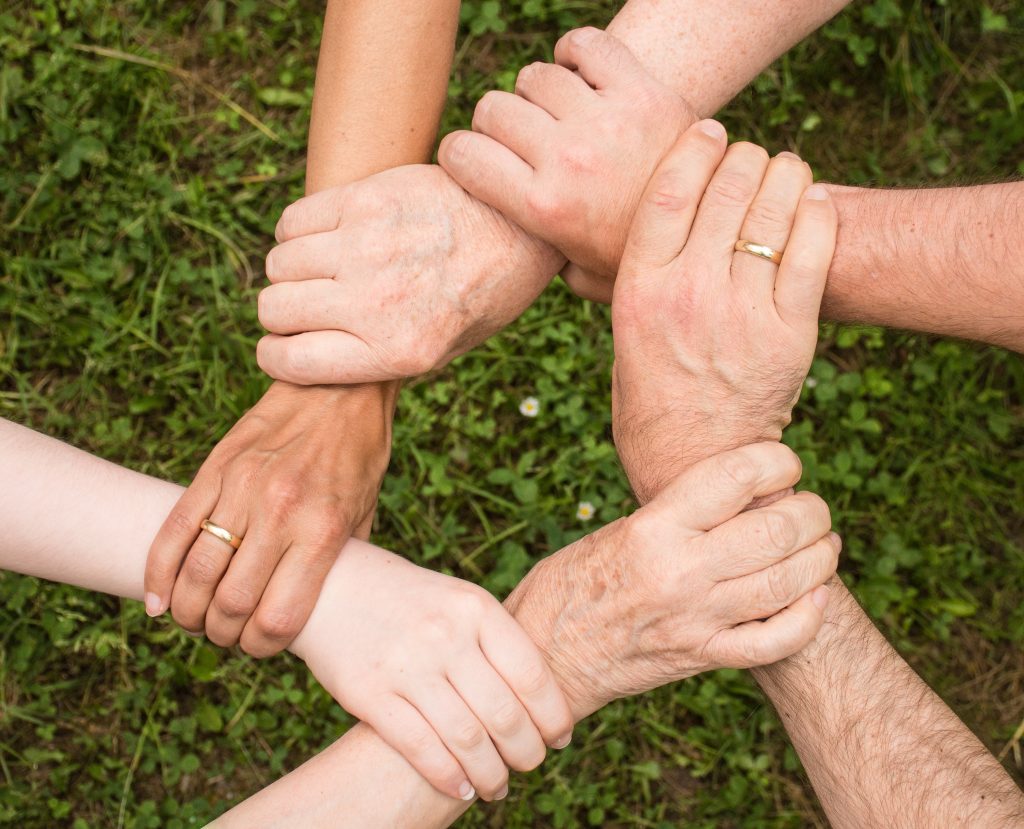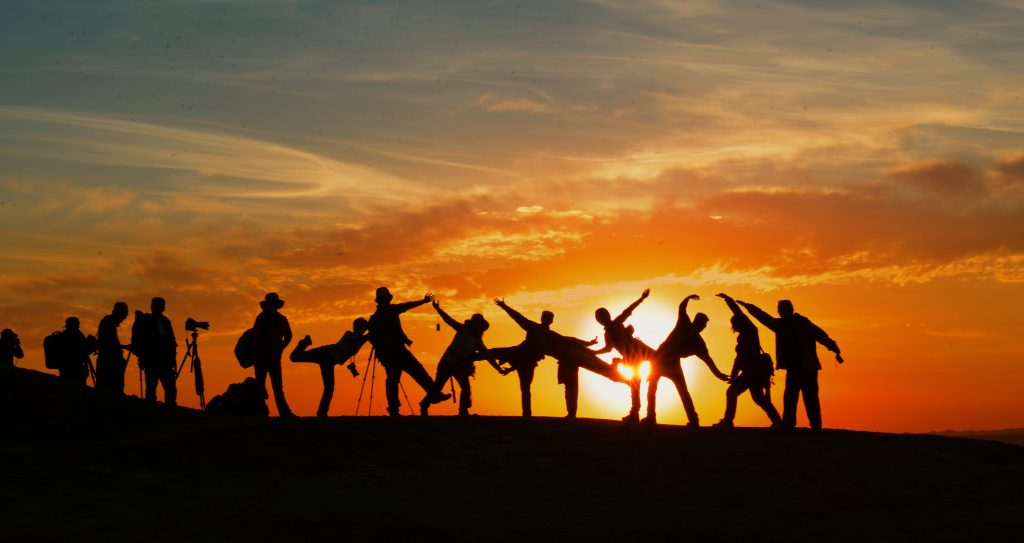“Alone we can do so little, together we can do so much.” – Helen Keller
Hello world! Below is our second blog post to keep you updated on our journey with the indigenous foodscape project. I hope you find it an interesting and fun read 🙂 .
To kick things off to a good start, here’s the finished product of our blood sweat and tears, a PDF version of our group proposal! LFS 350 Final Proposal Team 22

Weekly Objectives and Achievements
Week 1:
Objectives:
- Introduction to the course syllabus and community projects
- Establish personal interests and goals
Achievements:
- Determined which community projects best suit our personal interests and goals, and submitted our top three choices.
Week 2:
Objectives:
- Introduction to each other and discuss possible roles that each member can contribute to the community project
- Decide on methods of communication between group members
- Schedule a meeting with our community partner Samantha Gambling
Achievements:
- Formed Team 22 Indigenous Foodscape Explorers, exchanged contact information, and decided to use our Facebook group page as our main form of communication
- Formed and submitted the Team 22 Charter
- Introduced our Team to our community partner via email, and scheduled a meeting the following week
- Created the Indigenous Foodscape Explorers Blog for the world to follow our progress
Week 3:
Objectives:
- Prepare for meeting with our community partner Samantha Gambling by reading pamphlets on the indigenous foodscape project
- Consider our roles in the community – how to approach the community as an outsider
- Prepare for walking tour at Florence Nightingale Elementary School
- Write draft for first blog post
Achievements:
- Met with Samantha Gambling
- Signed up for walking tours at Florence Nightingale Elementary School and Dr. A. R. Lord Elementary School
- Received photo consent forms and excel spreadsheet for data collection
- Established our roles as the data recorders of the walking tours
- Uploaded our first blog
- Attended the walking tour at Florence Nightingale Elementary School
- Obtained photo/video/audio consent
- Recorded data of the school garden such as plants and garden beds
- Exchanged contact information with teachers and our community walking tour guide, Lori
- Posted draft of first blog post
Week 4:
Objectives:
- Compile all of our tour notes for Florence Nightingale Elementary School into a document
- Revision of our first blog post
- Prepare for proposal by reading instructions
- Continue our communication with Samantha via email to update her on our progress with the proposal report and blog post
- Complete TCPS 2 Tutorial Course on Research Ethics
Achievements:
- Sent tour notes to Florence Nightingale Elementary School and the walking tour guide Lori Snyder
- Revised our first blog post using suggestions from our TA
- Read instructions on proposal
- Emailed Samantha a link to our blog
- Completed TCPS 2 Tutorial Course on Research Ethics
Week 5:
Objectives:
- Write a draft of our proposal and send it to our TA
- Revise the tour notes for Florence Nightingale Elementary School according to suggestions from Lori Snyder
Achievements:
- Sent draft of our proposal to our TA
- Revised tour notes for Florence Nightingale Elementary School according to suggestions from Lori Snyder
Week 6:
Objectives:
- Send draft of Florence Nightingale Elementary School multimedia report to Samantha
- Prepare for walking tour at Dr. A. R. Lord Elementary School
- Revise proposal and submit final proposal report
Achievements:
- Revise draft of Florence Nightingale Elementary School multimedia report according to suggestions from Samantha
- Attended the walking tour at Dr. A. R. Lord Elementary School
- Obtained photo/video/audio consent
- Recorded data of the school garden such as plants and garden beds
- Revised proposal according to suggestions from our TA and submitted the final proposal report
Week 7:
Objectives:
- Compile all of our tour notes for Dr. A. R. Lord Elementary School into a document
Achievements:
- Sent tour notes to Dr. A. R. Lord Elementary School and the walking tour guide Lori Snyder
Week 8:
Objectives:
- Revise the tour notes for Dr. A. R. Lord Elementary School according to suggestions from Lori Snyder
Achievements:
- Revised tour notes for Dr. A. R. Lord Elementary School according to suggestions from Lori Snyder
Week 9:
Objectives:
- Write draft for second blog post
Achievements:
- Posted draft of second blog post

A Moment of Significance ~ An Obstacle has occured
WHAT… is the problem for being stuck and for feeling bad?
As with every group project, team cooperation is essential for success. However, we are a group with diverse backgrounds and culture, and we are bound to have different opinions and ideas, and disagreements. As a result, we all have different ways of handling group projects and situations. This could hinder our cooperation since we all want to do things in a certain ways. For instance, some team members wanted to communicate via whatsapp, while other group members preferred a facebook group page. These were all small disagreements and we were all able to compromise. However, it wasn’t until the making of our group proposal that we finally encountered our first difficult obstacle. Initially we decided to work on the proposal section by section together. We were quick to realize that this was not the best idea since we all had different ideas and understandings of the proposal; especially since some of the instructions of the group proposal were unclear. There was also a time constraint and we found it difficult to match our schedules and meet up. This created an unproductive environment where we all felt misunderstood and upset – nothing was getting done. Luckily, we asked our professor and TA to elaborate on some of the instructions of the assignment and this cleared up a lot of our misunderstanding. We decided to divide up the sections of the proposal and work on it individually. This way we wouldn’t have to meet up and we could work on our sections according to our own schedules. We would update each other on our progress via our facebook group page and we would all help edit each other sections and provide various comments and feedback. In the end, we were left with a final group proposal that we were all satisfied with.
SO WHAT… is the significance of this experience?
We all learned a valuable lesson through this experience. Our differences from our diverse backgrounds and cultures makes each one of us unique. Initially, we found these differences difficult to work with and we all thought our own opinions mattered the most. Unfortunately, this made all of us stuck in our own boxes and it slowed down our progress and decreased our efficiency. This was frustrating as we wished that we could complete the project alone since we all had different ways of working. However in the end, we learned that our differences allow us to bring new ideas and suggestions to the proposal. This in turn showed us innovative perspectives and angles of approaching the project. These different perspective provoked deeper thoughts and allowed us to examine our own ideas and logic. As a result, we all taught one another different aspects of the proposal and learned valuable information from each other as well. This is quite the amazing feat and it has been previously discussed in Point of View Affects How Science is Done (Medin, Lee, Bang, 2014). In this article, the authors use an example of how different genders and cultures researching chimpanzees observe different trends in their behaviours due to of the diverse backgrounds of the researchers. To draw a parallel, our team was able to aid one another in our sections since we all have different point of views and could fill each other in on our perspectives. Hence, our finished final proposal was able to be more multi-perspective with logic we all agreed on. It is the work of our disputes, cooperation, and various ideas.
This lesson on group work and diversity also corresponds to the topic discussed in How Diversity Makes Us Smarter (Phillips 2014). The author states that social diversity can cause discomfort, lack of trust, less communication, and many other problems initially. However, people from different backgrounds bring new information to the group. Furthermore, the social diversity forces team members to prepare better, expect various viewpoints, and to anticipate that reaching an agreement will take effort. As a result, heterogeneous groups are generally more innovative and can solve complex problems better than homogenous groups (Philips 2014). It is incredible to see an article sum up our work as a diverse group. From our initial frustrations to the creation of a wonderful project, we will never forget the significance of this experience.
NOW WHAT… do we need to do in order to make things better in the future?
Now that we understand that diversity in our group enhances our performance in solving complex problems and increases our innovation, we are thankful for our differences. This make us more prepared for future group projects even though we know it will be initially daunting. We know it will be worth it in the end since diversity can usually lead to a more wholesome and multi-perspective outcomes. In addition to understanding diversity in social groups, we can engage in active listening to maximize efficiency in our group. This way we can listen to everyone’s ideas and viewpoints in our discussions and evaluate our own logic. If we can all participate in active listening, frustration and misunderstanding can be minimized (U of M, n.d.) and everyone can feel heard. Open communication is another skill that we can practice. If we are able to calmly talk to one another, this can avoid conflicts in the future (U of M, n.d.). If a conflict does arise, we know how to handle it since we have all learned conflict resolution and have talked openly about it when we first formed the group. During a conflict, we will try to separate the person from the incident and not verbally attack one another. Instead, we can focus on how we can resolve the incident and perform active listening so we can be heard (UQ, 2014). After this, hopefully we will be able to move on from the conflict. In addition to these skills, we can use our different strengths from the Strength’s Finder Assessment to complement each others abilities. When we are all aware of each team members strengths, this allows us to divide work up accordingly and even learn from one another. In the future, we can also create a timeline and schedule meetings. This will help to ensure that our future projects will not be left to the last minute (UW, n.d.). All in all, we are more prepared to handle future group projects knowing how well we handled the group proposal.

Upcoming Objectives and How to Achieve Them:
Complete Drafts of Multimedia Reports for Florence Nightingale and Dr. A. R. Lord Elementary Schools
- Strategies:
- Compile all of the data collected at the walking tours for Florence Nightingale and for Dr. A. R. Lord Elementary Schools into a draft
- Reorganize the data according to Lori Snyder and Samantha Gambling’s suggestions
- Coordinate with each other to match the formatting of the two drafts
- Meet up together to finalize the drafts
Meeting with Community Partner Samantha Gambling
- Strategies:
- Arrive 15 min earlier than the meeting time of 1:30pm
- Meet outside the Vancouver Education Centre and walk into the meeting room together to appear professional
- Have our multimedia report drafts ready
Creating Infographics for our Final Presentation
- Strategies:
- Integrate the two separate multimedia reports into one cohesive poster display
- Meet up as a group to work on the infographics together
- Be familiar with the instructions on how to create a successful infographic from the LFS350 course page
- Consider instructor and TA feedback and suggestions
If you made it this far thank you so much for checking in on us! I hope you stay warm in this crazy weather! ♥

Concluding Remarks <3
The next few weeks are looking quite daunting yet also very exciting! We are all eager to see our final multimedia report and what other learning experiences will come through this project. So far, the disagreements that arose from working on the group proposal has created a special bond between ourselves. The resolution that took place has only made our team stronger and more efficient. Looking forwards, we are hoping that our strategies for making two multimedia reports, meeting our community partner, and creating infographics will help us achieve our objectives.
Stay tuned for our next blog post “Finally some Aha! Moments”, where we discuss how we felt at our “Moment of Significant Change” workshop. This will include our highs and lows throughout the term so far and what we expect for the rest of the term. We will also update you on how our meeting went with our community partner, Samantha Gambling (wish us luck!), and other projects we are currently working on for LFS350!
We hope everyone is having a wonderful day and soaking in that rare sunshine we are having!
References:
Medin, D., Lee, C., & Bang, M. (2014). Point of View Affects How Science Is Done. Retrieved March 21, 2018, from https://www.scientificamerican.com/article/point-of-view-affects-how-science-is-done/
Module 3 – Be A Good Partner. (n.d.). Retrieved February 24, 2018, from The University of Memphis website: http://www.memphis.edu/ess/module3/index.php
Phillips, K. W. (2014). How Diversity Makes Us Smarter. Retrieved February 24, 2018, from https://www.scientificamerican.com/article/how-diversity-makes-us-smarter/
UQ. (2014). Problems associated with group work. Retrieved March 21, 2018, from http://www.uq.edu.au/student-services/learning/problems-associated-group-work
UW. (n.d.). Working Effectively in Groups. Retrieved March 21, 2018, from https://uwaterloo.ca/student-success/sites/ca.student-success/files/uploads/files/TipSheet_GroupWork_0.pdf